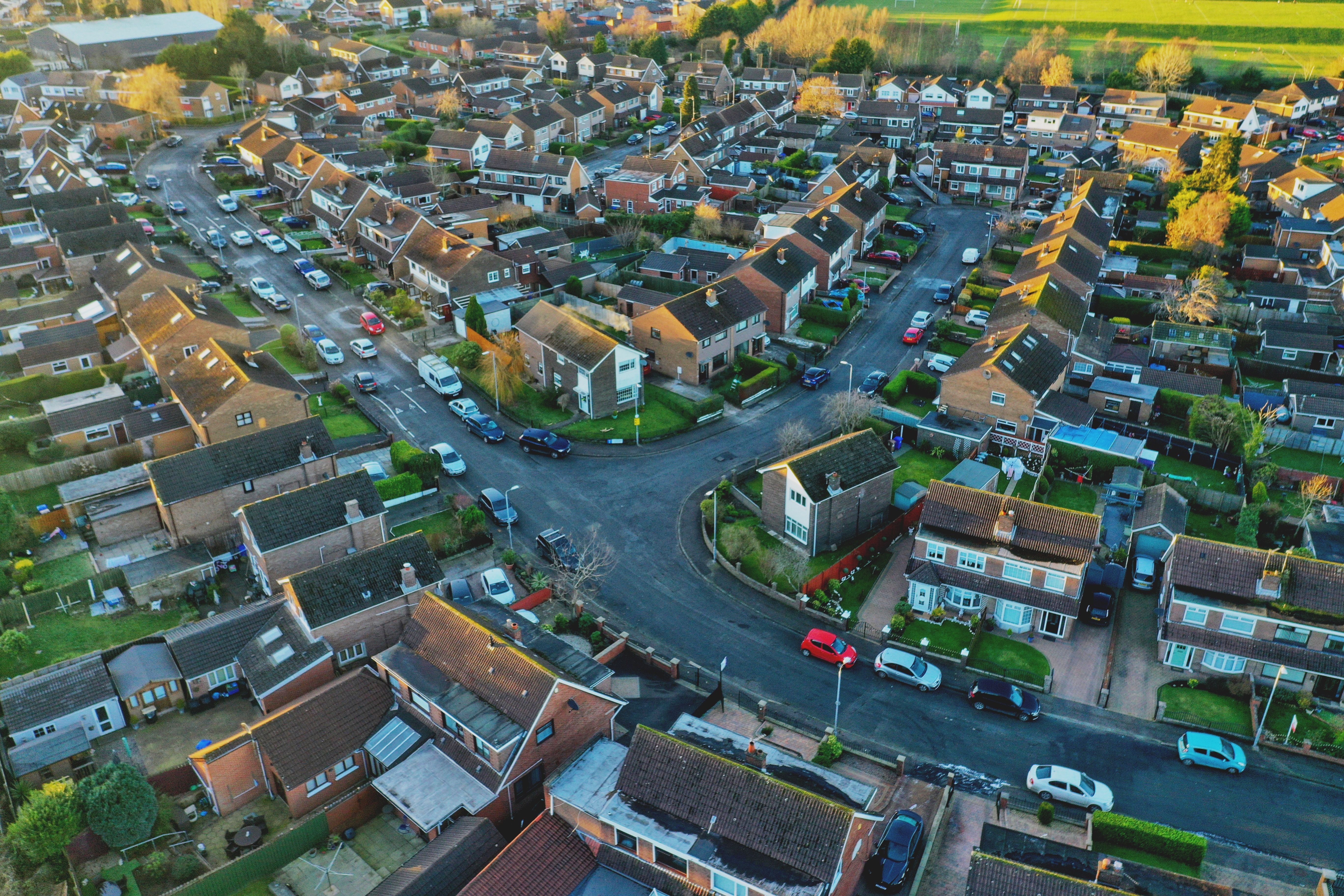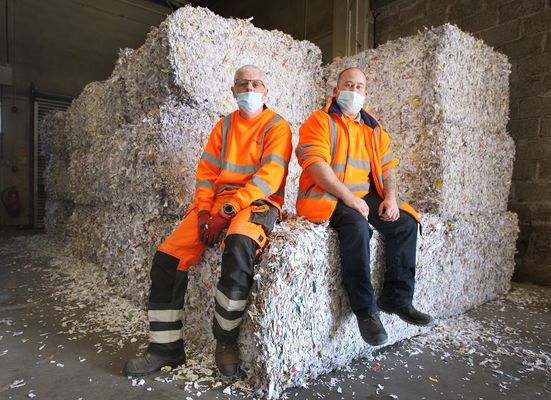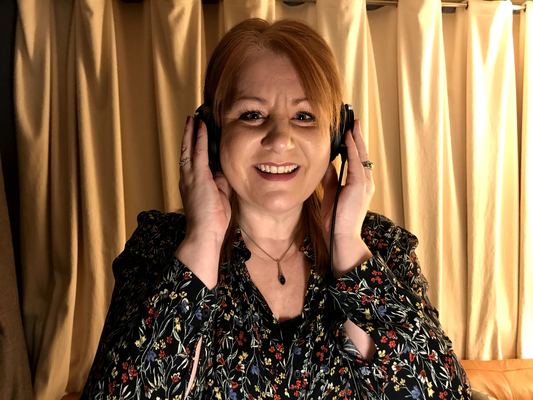Pandemic pressures and uncertainty around stable incomes during lockdown have not made buying a house in today’s current market a breeze.
The first lockdown measures kicked in mid-March 2020. This essentially paused the housing market as, in most cases, business as usual could not continue. The number of transactions recorded in April-June 2020 was over 60 per cent lower than for the same quarter in 2019.
However, the housing market took off like a rocket when the restrictions eased. Indeed, between July and December 2020 house prices on average increased by three per cent.
The average price for property in West Belfast stood at £95,594 in February 2021. This is a fall of 1.5 per cent in the last three months (since November 2020) and a rise of 1.7 per cent since 12 months ago.
For Sale: Apartment 3 Furnisher House, 19 Windsor Avenue, Belfast, BT9
— Lanyon Homes (@LanyonHomes) January 27, 2021
- Ground Floor
- 2 Bedrooms
- 665 Sq Ft
Search ‘Furnisher House’ on https://t.co/SUbR5ZKOit and https://t.co/Huy5C9PoBu#belfast #property #bt9 #luxury #homes #apartment #periodhome #lisburnroad #malone pic.twitter.com/D51u8sLF97
Sean Bruen, who runs a social enterprise in North Belfast, says there is a growing reluctance among house lenders to deal with borrowers who are furloughed.
“95 per cent and 90 per cent mortgages were withdrawn during the first lockdown though some lenders are now doing 90 per cent mortgages again," he says. "Credit files are being looked at more critically now and lenders may also ask for proof from the employer that you are not currently and have not been on furlough. Additionally, they might seek a guarantee that you will not be put on furlough in the future.”
Sean advises house-hunters to expect to have to cough up a significant down payment on the home of their dreams.
“A borrower will now need at least 10 per cent deposit. You will need around 15 per cent for a flat or new build."
COMING SOON - APPLETON PARK
— Northern Property (@propertyni) February 15, 2021
📍 156 Appleton Park
🛏 2 Bedrooms
♨ Gas Heating
💰 £650 per month
If you are interested in this property and wish to apply, please follow the link here: https://t.co/1ahXTQ9EQA
... pic.twitter.com/23WQ11M1sn
But he explains that there are other options.
"Co-ownership is still a way forward if you find you can't make a deposit," he adds. "The market is still busy so you may need to bid against others. You will also need to review all existing debt as that is now taken into consideration.”
And the cost of borrowing has increased steadily during the pandemic, warns Sean.
“Mortgage Interest rates have increased slightly since lockdown as the lenders have been expecting a flood of people currently on furlough to be made redundant so they are very cautious about lending.
"There isn't perhaps the same reticence in the second lockdown as 90 per cent deals have returned from some lenders but it's harder to get a mortgage. A word of caution for the self-employed as well. If you own your own business or are a sole trader, some lenders have reduced the maximum mortgage available from 90 per cent of purchase price to 60 per cent. That means the buyer has to find a 40 per cent deposit which will put even the most industrious small business owner under pressure."







